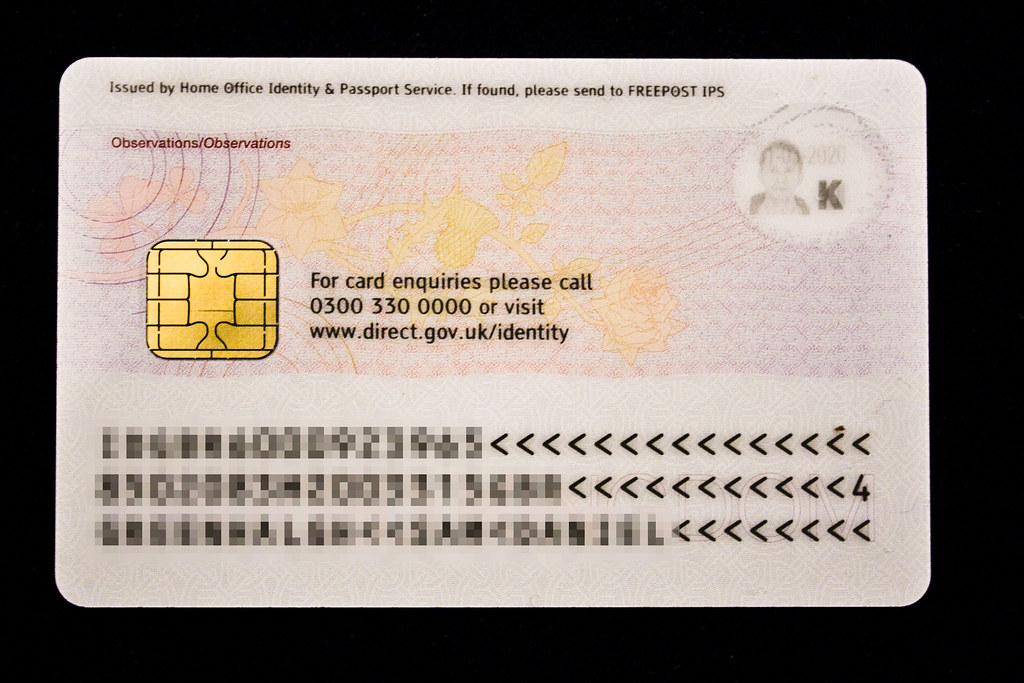Highly encrypted interaction platforms, including WhatsApp, Signal, Facebook and iMessage, remain in typical use, permitting users to send out messages that can only be read by the designated recipients. There are lots of genuine reasons law-abiding individuals might use them. And monitoring systems, no matter how well-intentioned, may have unfavorable results and be utilized for various functions or by different individuals than those they were developed for.
Lots of security systems typically produce unintended effects. Based on some ideas, the design stressed consistent monitoring and mental control rather than corporal penalty.
 From 2006 onwards, Facebook established a privacy-invading device intended to help with making money through targeted advertising. Facebook’s system has considering that been abused by Cambridge Analytica and others for political adjustment, with devastating effects for some democracies.
From 2006 onwards, Facebook established a privacy-invading device intended to help with making money through targeted advertising. Facebook’s system has considering that been abused by Cambridge Analytica and others for political adjustment, with devastating effects for some democracies.
What Shakespeare Can Teach You About Online Privacy With Fake ID
In 2018, Australia’s parliament passed the Telecommunications and Other Legislation Amendment (Assistance and Access) Act, with the apparent purpose of helping cops to catch terrorists, paedophiles and other major criminals. The act provided the Federal Police powers to “include, copy, erase or change” product on computers. These powers were utilized the following year to rob a Broadcasting Corporation in connection with a story on alleged war crimes in Afghanistan.
These examples show two realities about security and surveillance. Monitoring may be utilized by people of any ethical character. Second, a surveillance system may be used by different individuals, or may accomplish an entirely different effect, from its original design.
Do You Make These Simple Mistakes In Online Privacy With Fake ID?
We for that reason require to consider what avoiding, undermining or perhaps outlawing making use of encrypted platforms would imply for law-abiding members of the community.
There are already laws that decide who is enabled to listen to interactions occurring over a telecom network. While such interactions are typically secured, law enforcement and nationwide security firms can be authorised to intercept them.
Where interactions are secured, companies will not immediately be able to retrieve the material of the conversations they obstruct. The Telecommunications and Other Legislation Amendment was passed to make it possible for firms to get help to attempt to maintain their ability to get access to the unencrypted material of communications. For example, they can ask that a person or more forms of electronic protection be eliminated.
There are likewise federal, state and territory laws that can require individuals to help law enforcement and national security companies in accessing (unencrypted) data. There are likewise various proposals to clarify these laws, extend state powers and even to prevent the use of encryption in specific circumstances. More surveillance power is not always much better and while individuals might hold various views on particular proposals about state powers and file encryption, there are some things on which we ought to all be able to concur.
You may be sick of fretting about online privacy, but security apathy can also be an issue. Law enforcement and nationwide security firms need some security powers to do their tasks. Most of the time, this contributes to the social good of public security. Some individuals understand that, often it may be necessary to register on sites with many individuals and fictitious information might wish to consider yourfakeidforroblox!
When it comes to surveillance powers, more is not necessarily better. We need to ask what purpose the powers serve, whether they are reasonably required for achieving that function, whether they are most likely to accomplish the function, what negative consequences might result, and whether the powers are proportional. If we have the realities on legal usages of encryption, lawful use of encrypted interaction is common and we can only develop excellent policy in this location.
There are a lot of excellent factors for obedient people to utilize end-to-end encrypted communication platforms. Parents might send photos or videos of their children to trusted buddies or loved ones, but prefer not to share them with 3rd parties. The explosion of tele-health during the COVID-19 pandemic has led many different clients to clarify that they do not desire their consultation with their doctor to be shared with an intermediary such as Facebook, Google, Huawei or WeChat.
 As obedient citizens do have legitimate factors to rely on end-to-end file encryption, we need to establish laws and policies around federal government security appropriately. Any legislation that undermines info security across the board will have an influence on legal users in addition to crooks. There will likely be substantial argument in the neighborhood about where to go from there. We have to get the realities right.
As obedient citizens do have legitimate factors to rely on end-to-end file encryption, we need to establish laws and policies around federal government security appropriately. Any legislation that undermines info security across the board will have an influence on legal users in addition to crooks. There will likely be substantial argument in the neighborhood about where to go from there. We have to get the realities right.
